Digital People: Interview with experts
Here, through interviews, we introduce you to people who have immersed themselves in the digital world and are helping to shape it through new structures, through their teaching or their innovation(s).
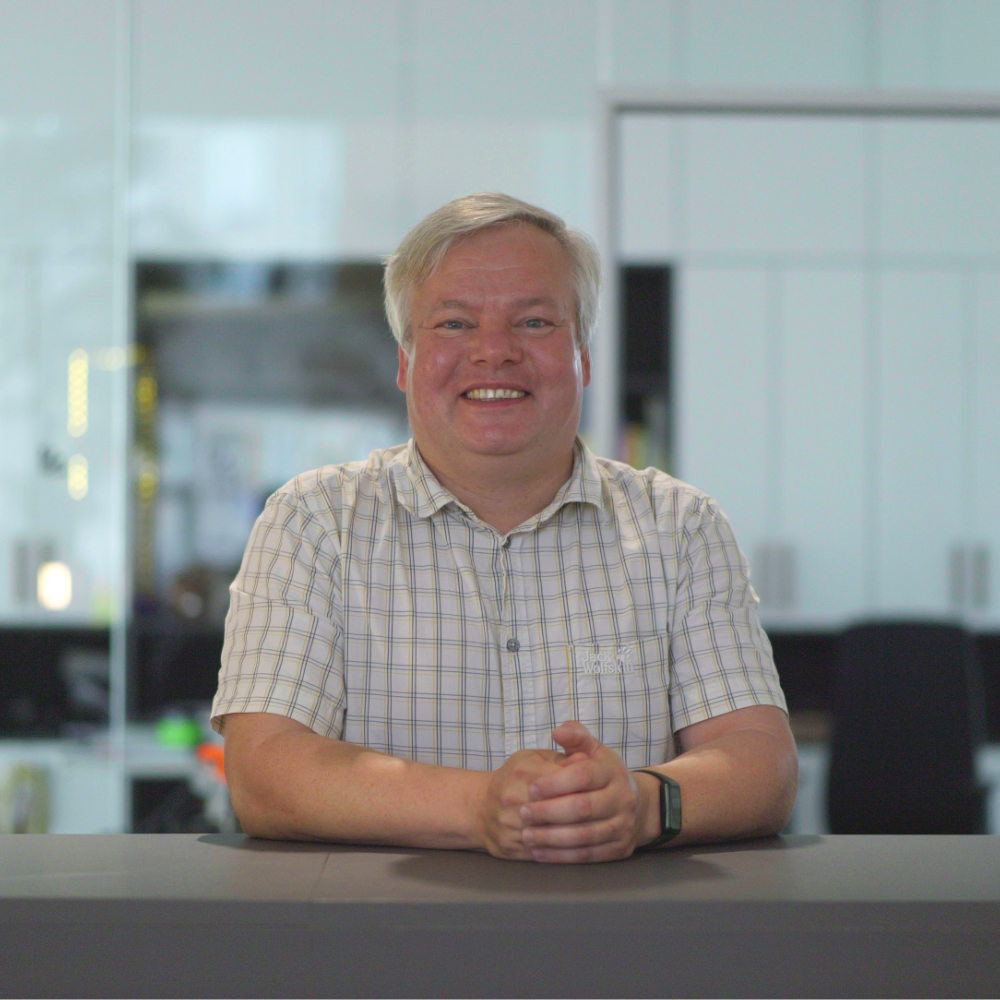
In the 20th episode, Andreas Reichert answers our questions. He heads the media center of the KIT library at the Karlsruhe Institute of Technology (KIT). (NL02/2024)
To the interview (in German)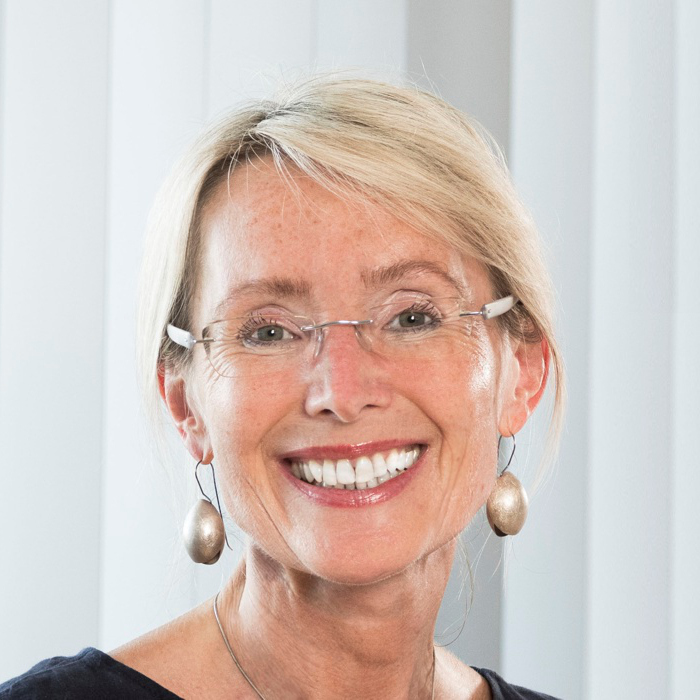
Monika Landgraf is head of the overall communications department at KIT. She is also KIT's press spokesperson, deputy head of the Staff and Strategy Service Unit (STS) and acting head of the Central Marketing Department. (NL03/2023)
To the interview (in German)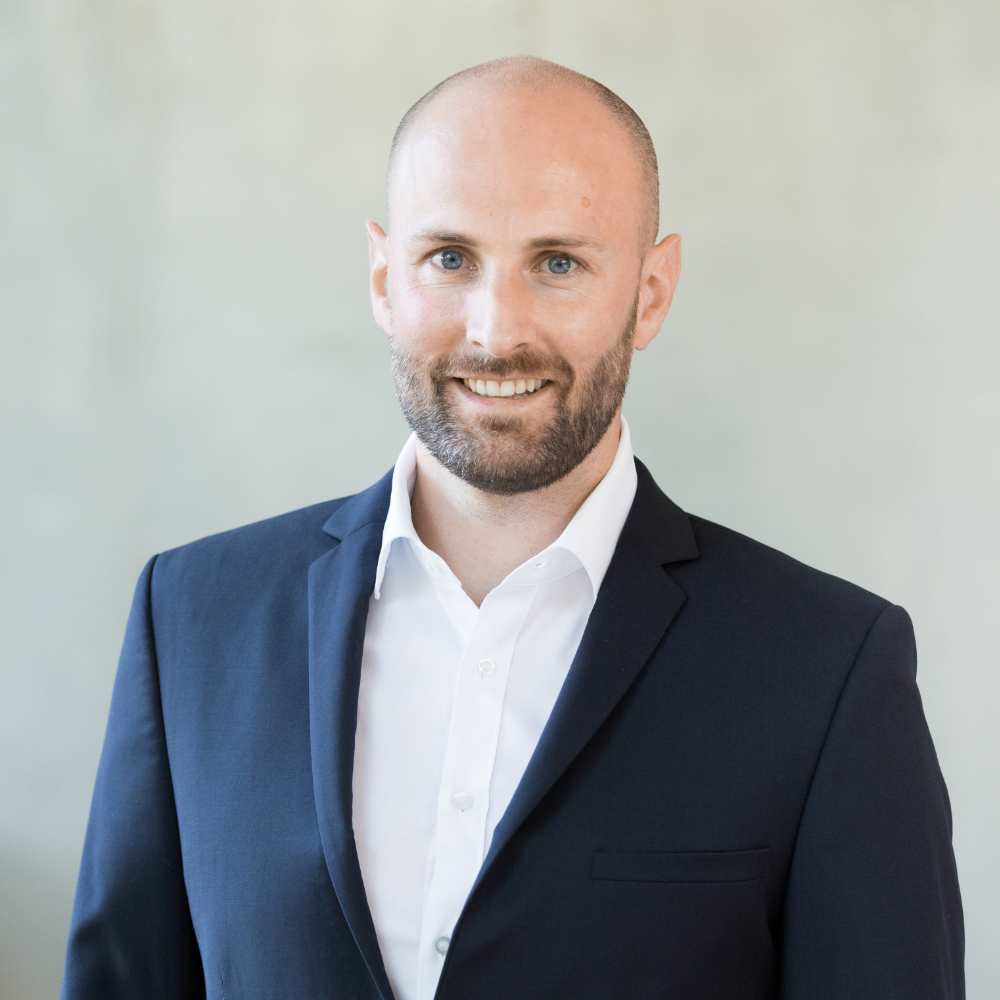
Moritz Mödinger has been working as a research assistant at the Research Center for School Sport and Sport for Children and Adolescents (FoSS) at the Institute of Sport and Sport Science (IfSS) at the Karlsruhe Institute of Technology (KIT) since 2019. He is also a lecturer at the Seminar for Teacher Training in Heilbronn and works as a teacher at Hölderlin-Gymnasium in Lauffen am Neckar. (NL02/2023)
To the interview (in German)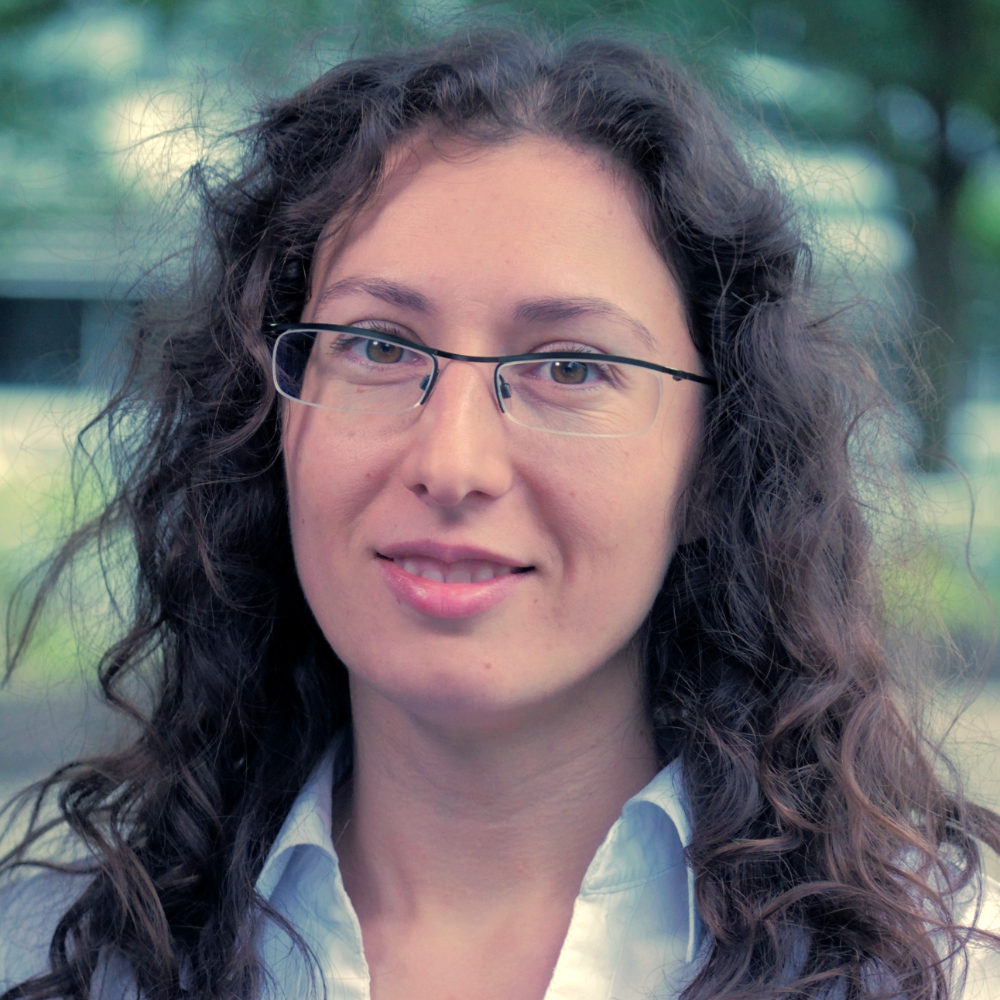
Polina Häfner has been a research associate at the Institute of Information Management in Engineering (IMI) since June 2012 and is mainly involved in basic and contract research in the field of virtual reality. (NL01/2023)
To the interview (in German)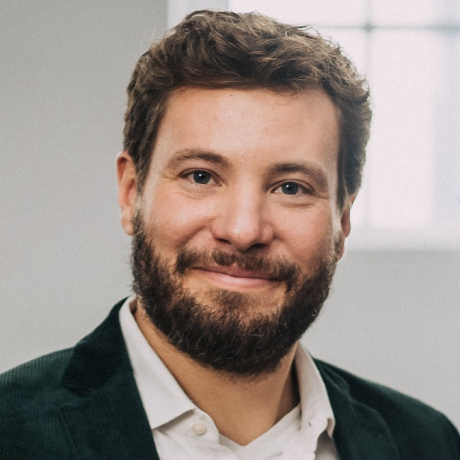
Ingo Wagner has been a junior professor at the Karlsruhe Institute of Technology (KIT) since 2018 and heads the "Interdisciplinary Didactics of STEM Subjects and Sports" department. (NL03/2022)
To the interview (in German)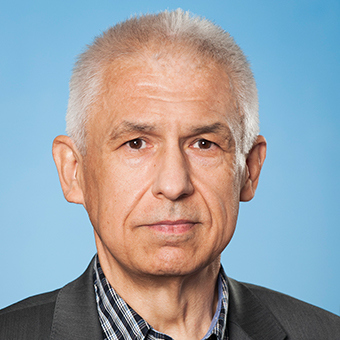
Prof. Dr.-Ing. Dr.h.c. Jürgen Becker heads the Institute for Information Processing Technology (ITIV) and is Director of Embedded Systems and Sensors Engineering (ESS) at the Research Center for Information Technology (FZI). At KIT, he heads the research area "Embedded Electronic Systems". (NL02/2022)
To the interview (in German)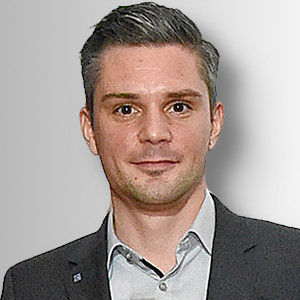
In the fourteenth episode, Matthias Bandtel answers our questions. He is the Managing Director of the Baden-Württemberg University Network for the Digitization of Teaching (HND-BW). (NL01/2022)
To the interview (in German)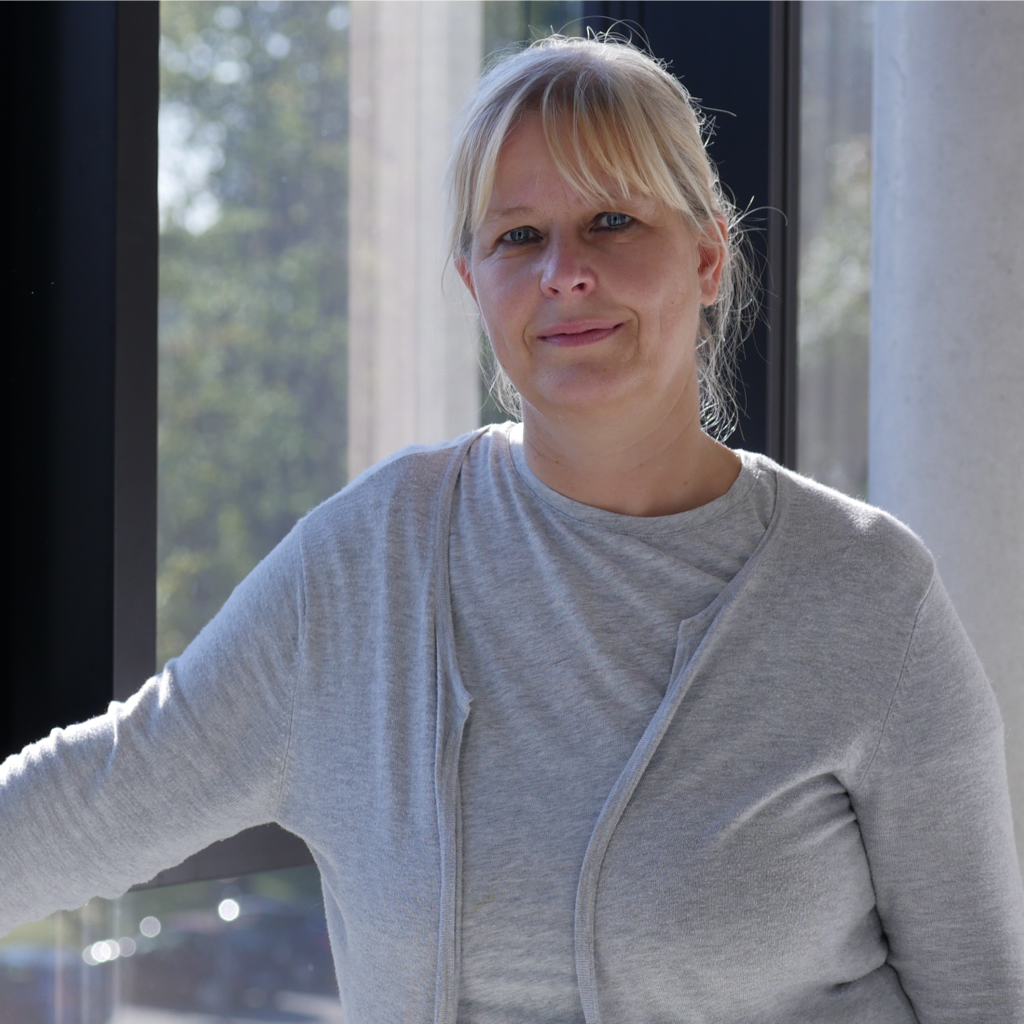
In the last episode of "Digital People" this year, Prof. Dr. Ute Schepers answers our questions. She heads the Chemical Biology Group at the Institute of Functional Interfaces (IFG). She is also co-founder of the start-up vasQlab. (NL03/2021)
To the interview (in German)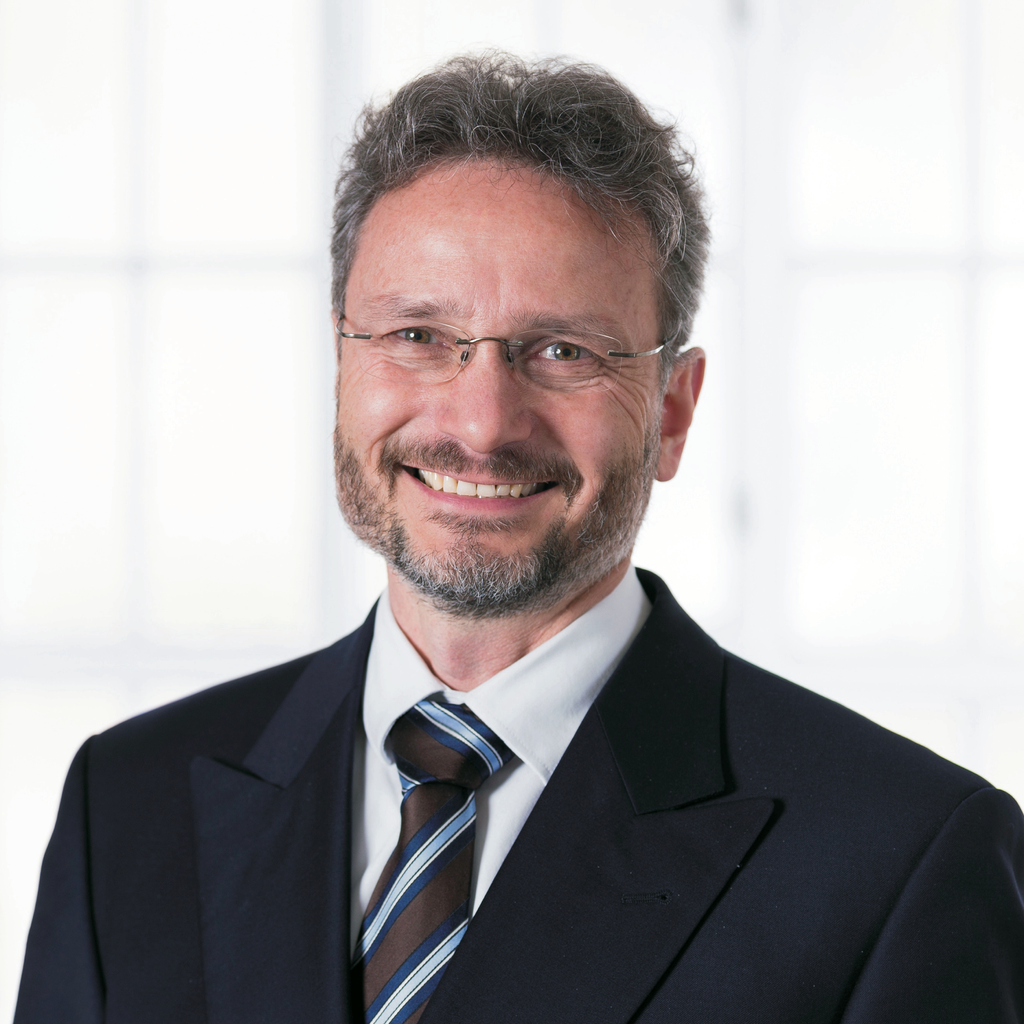
In the twelfth episode, Eric Sax answers our questions. He heads the Institute for Information Processing Technology (ITIV) and is Director of the Computer Science Research Center in the ESS department. He is also a KIT expert for autonomous driving. (NL02/2021)
To the interview (in German)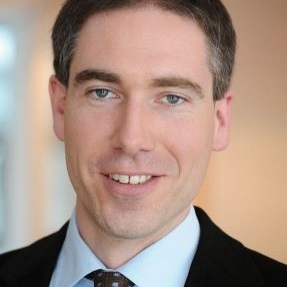
In the eleventh episode, Dr. Alexander Haas answers our questions. He heads the Digital Office at KIT, which supports KIT in its digitalization efforts. In addition, the Digital Office advises and supports the management level in shaping digitalization. (NL01/2021)
To the interview (in German)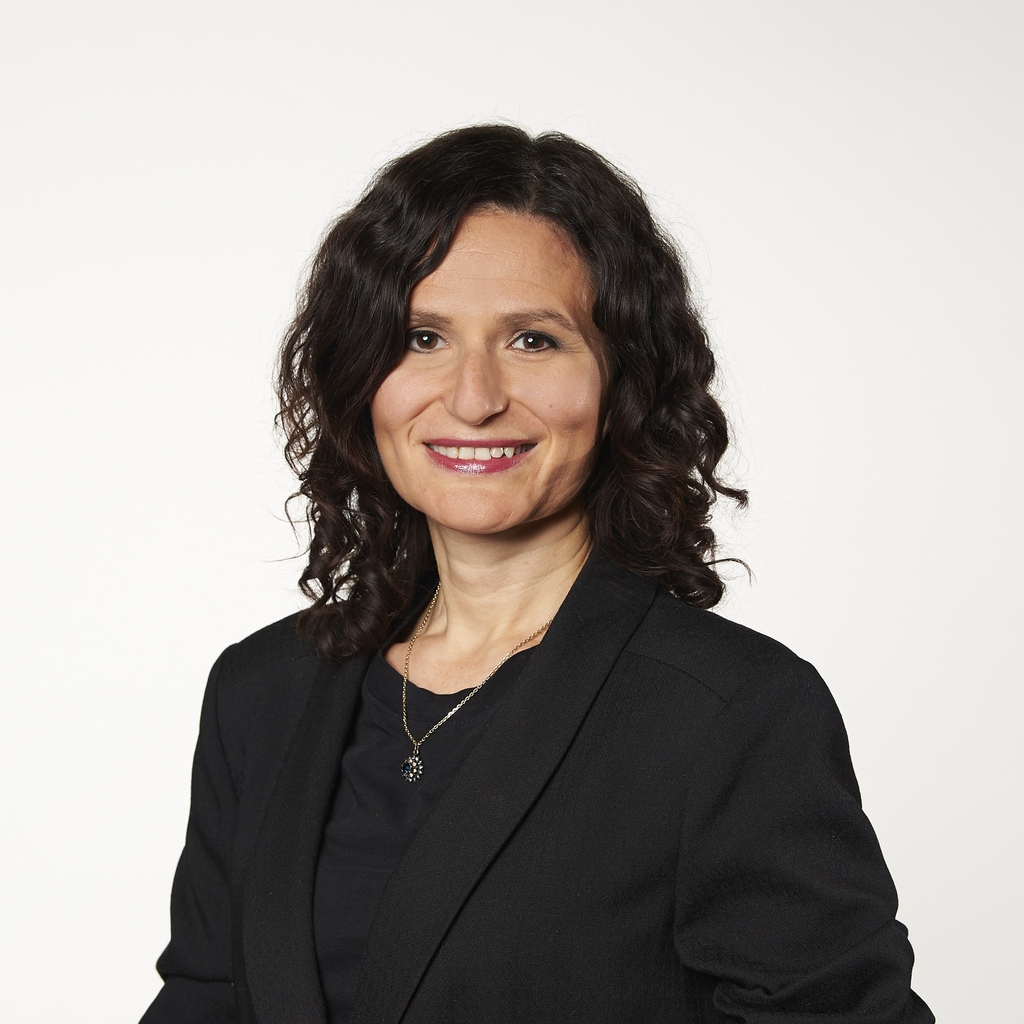
In the tenth episode, Marina Bitmann answers our questions. She has been KIT's data protection officer since 2013. Her task is to support KIT in the implementation of the State Data Protection Act and other data protection legislation. (NL03/2020)
To the interview (in German)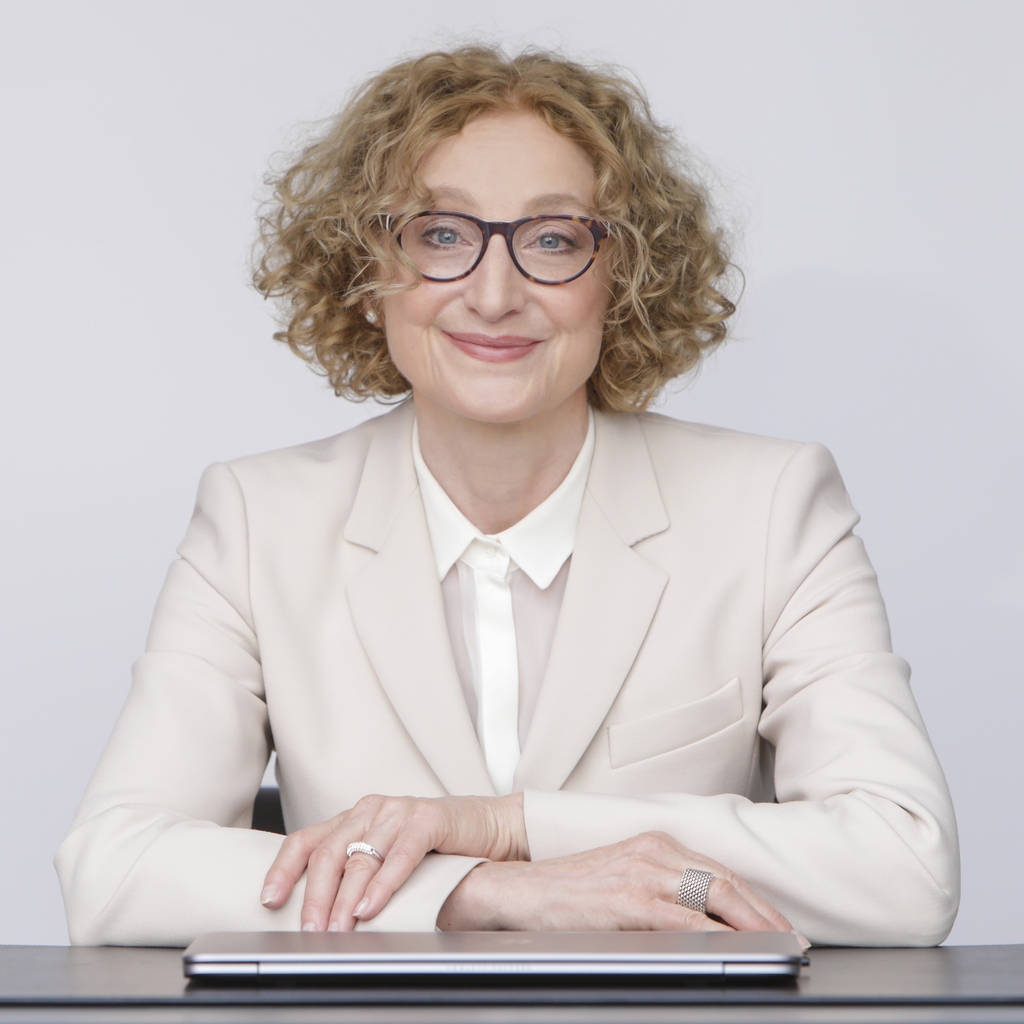
In the ninth episode of Digital People, Jivka Ovtcharova answers our questions. The professor with a double doctorate in mechanical engineering and computer science is Head of the Institute for Information Management in Engineering (IMI) and Director of the Research Center for Information Technology (FZI). With the focus of her institute, Prof. Ovtcharova makes a decisive contribution to making traditional engineering work based on modern technologies such as virtual reality and artificial intelligence fascinating and tangible. (NL02/2020)
To the interview (in German)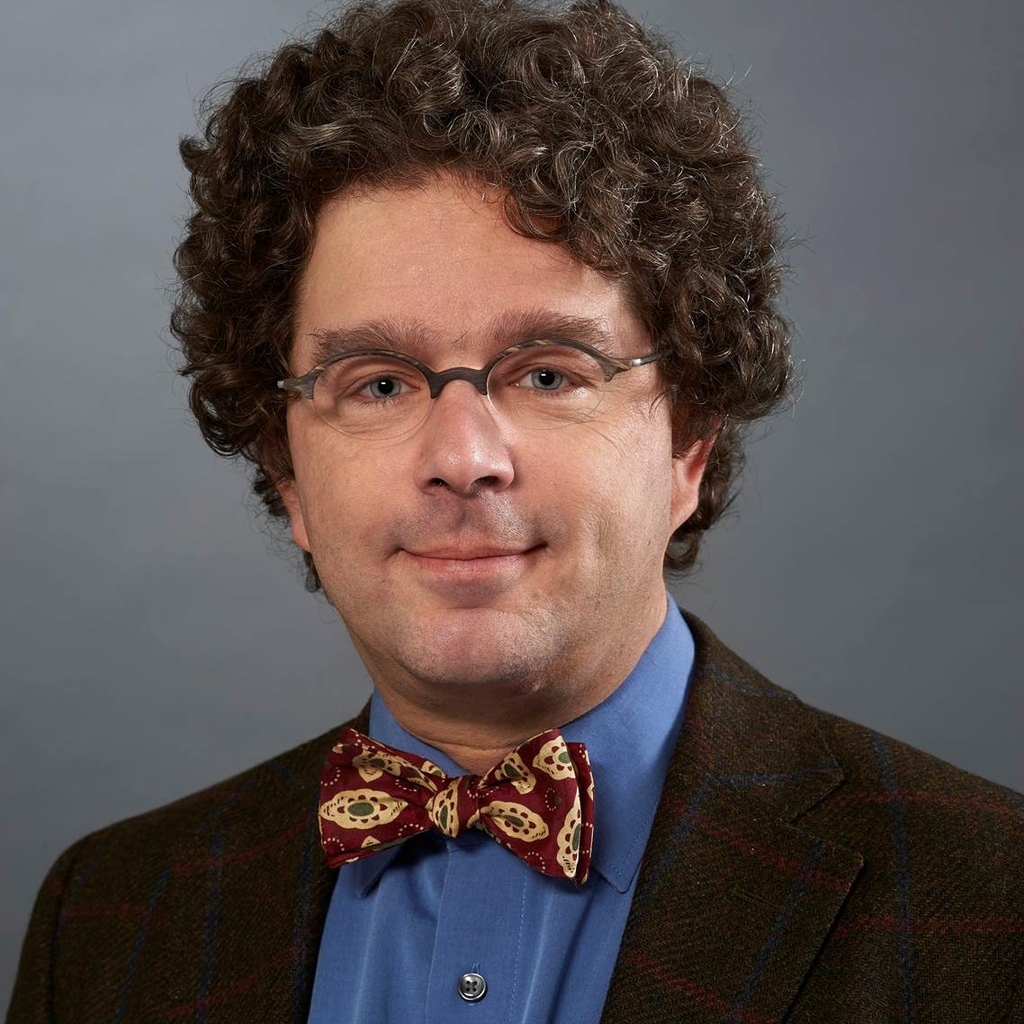
In the first newsletter of 2020, Professor Dr. Jörn Müller-Quade answers our questions. He is head of the "Cryptography and Security" research group at KIT and director at the FZI. He is the spokesperson and initiator of the KASTEL competence center. His research interests include secure cloud computing, secure multi-party computation, security definitions and models, and hardware trust anchors. (NL01/2020)
To the interview (in German)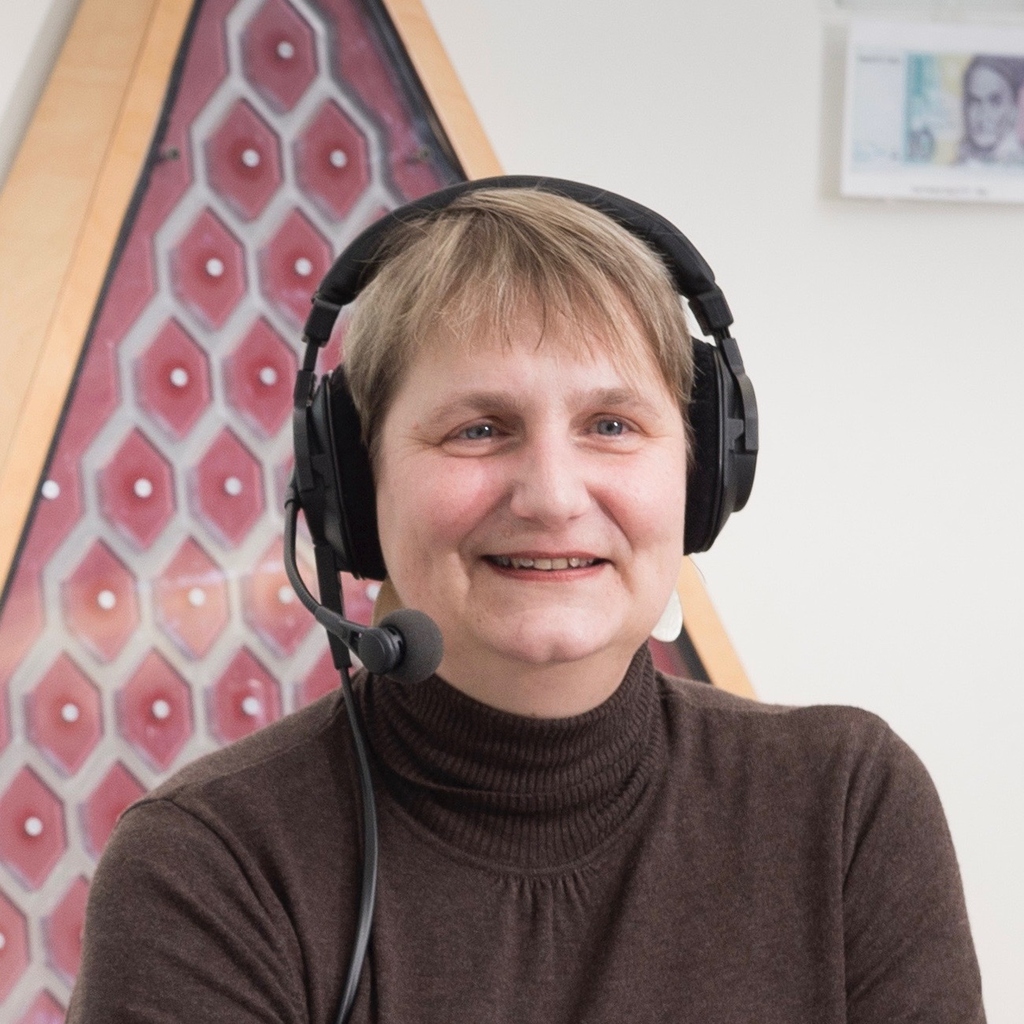
In the seventh episode, Gudrun Thäter answers our questions. She is a member of the Faculty of Mathematics and conducts research primarily in the fields of mathematical flow theory and modeling in the context of fluids. She is also an information officer and has launched a podcast together with Sebastian Ritterbusch. (NL03/2019)
To the interview (in German)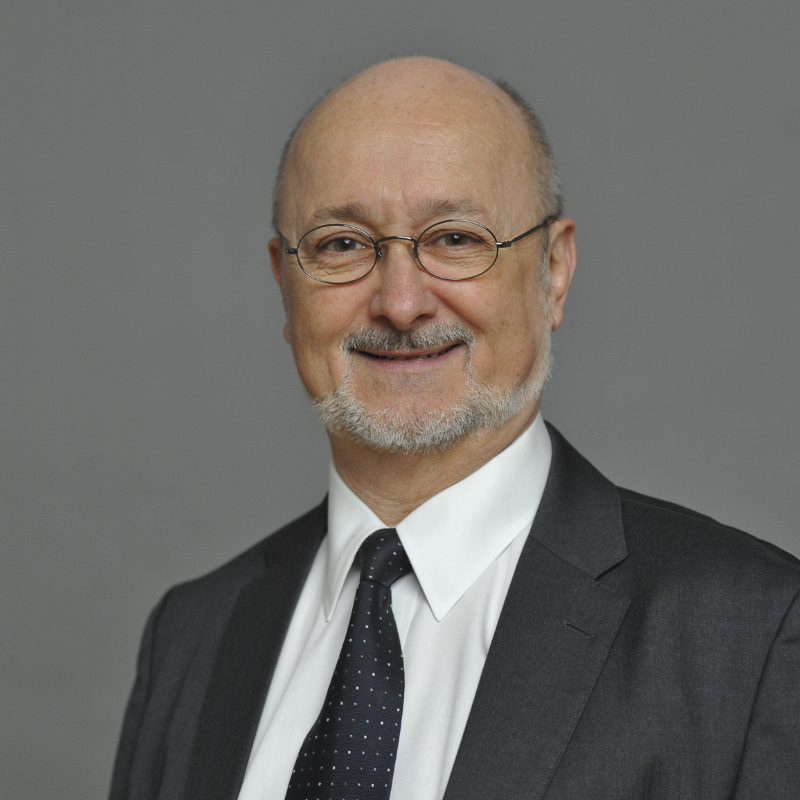
In the second newsletter of 2019, Alexander Waibel answers our questions. He heads the Interactive Systems Lab at the Institute of Anthropomatics and Robotics at the KIT Faculty of Computer Science. His research focuses on machine learning and speech recognition. (NL02/2019)
To the interview (in German)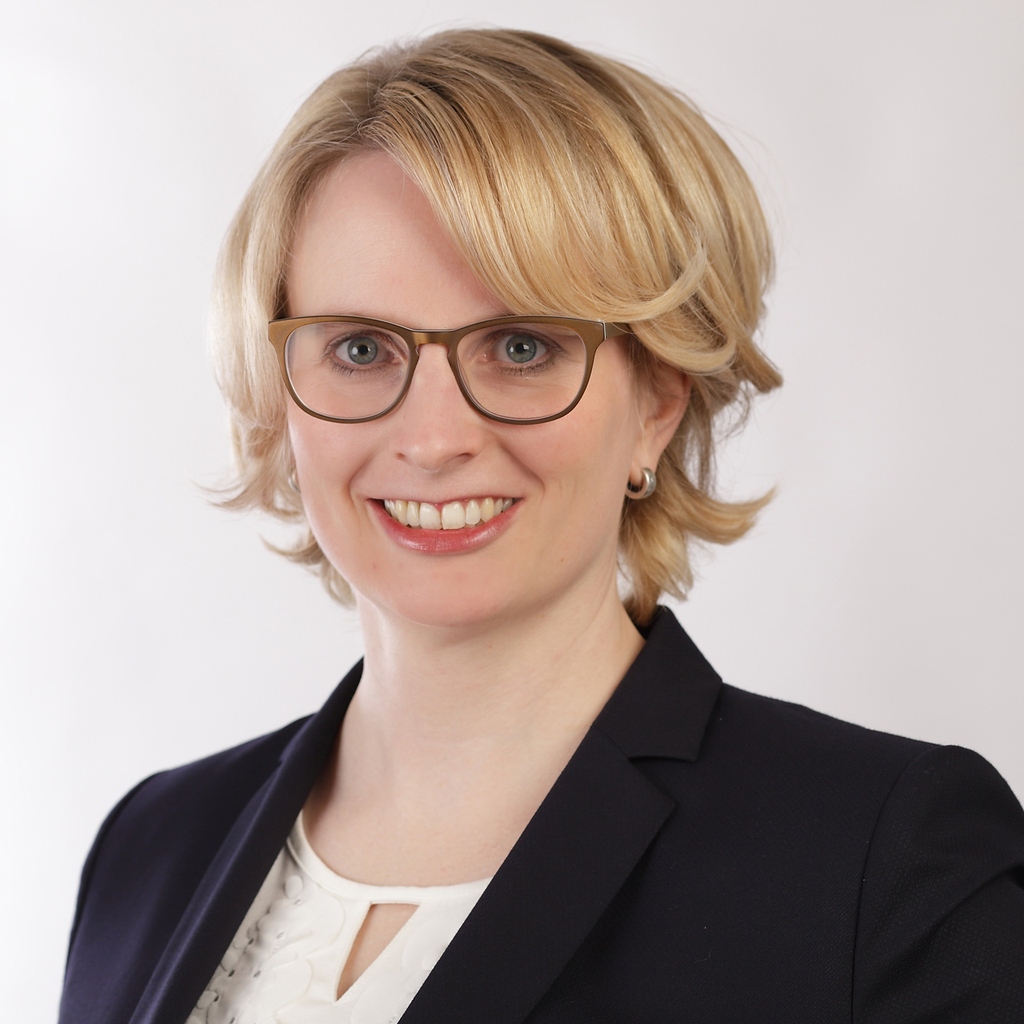
In the first newsletter of 2019, Melanie Volkamer answers our questions. She heads the Security*Usability*Society (SECUSO) research group at KIT, which has been part of the Institute for Applied Informatics and Formal Description Languages (AIFB) since 2018. (NL01/2019)
To the interview (in German)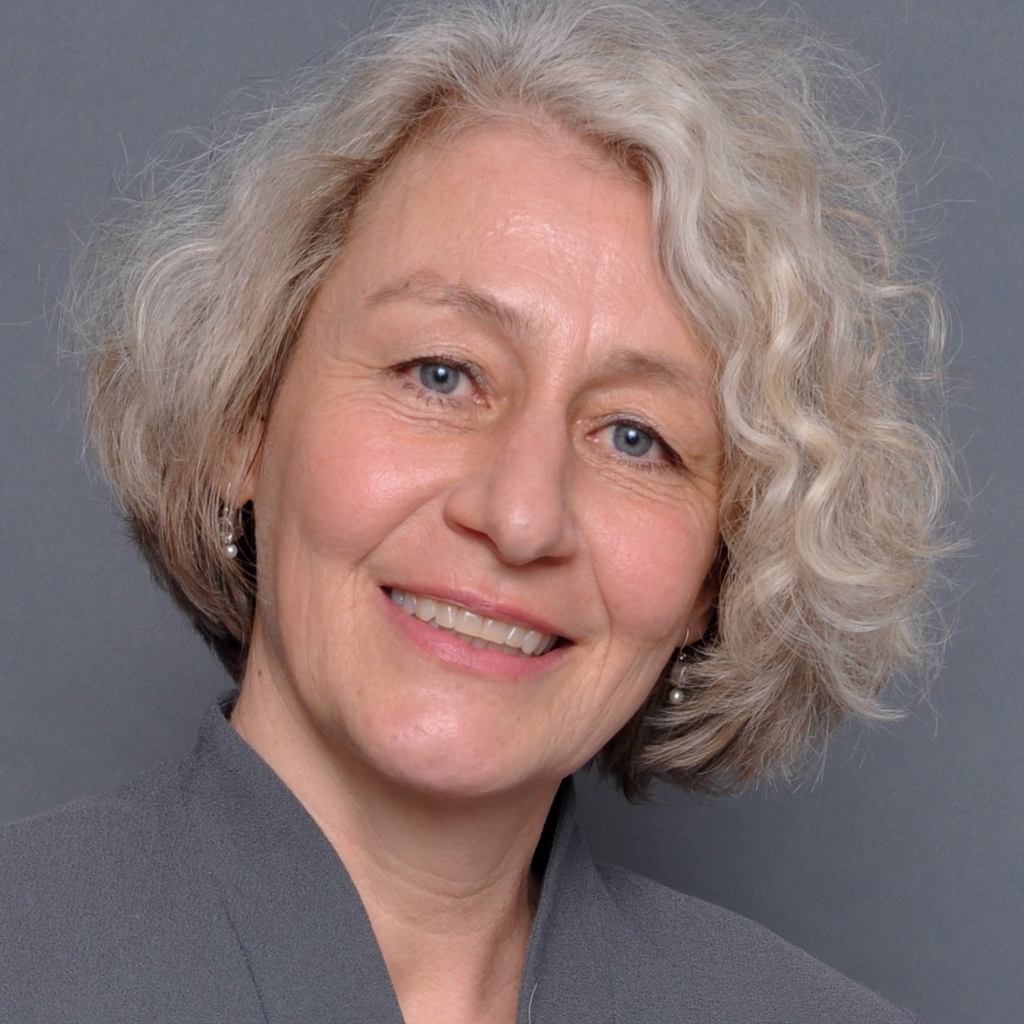
In the fourth episode, Dr. Bettina-Johanna Krings took the time to answer our five questions. She heads the Knowledge Society and Knowledge Policy research area at the Institute for Technology Assessment and Systems Analysis (ITAS). (NL04/2018)
To the interview (in German)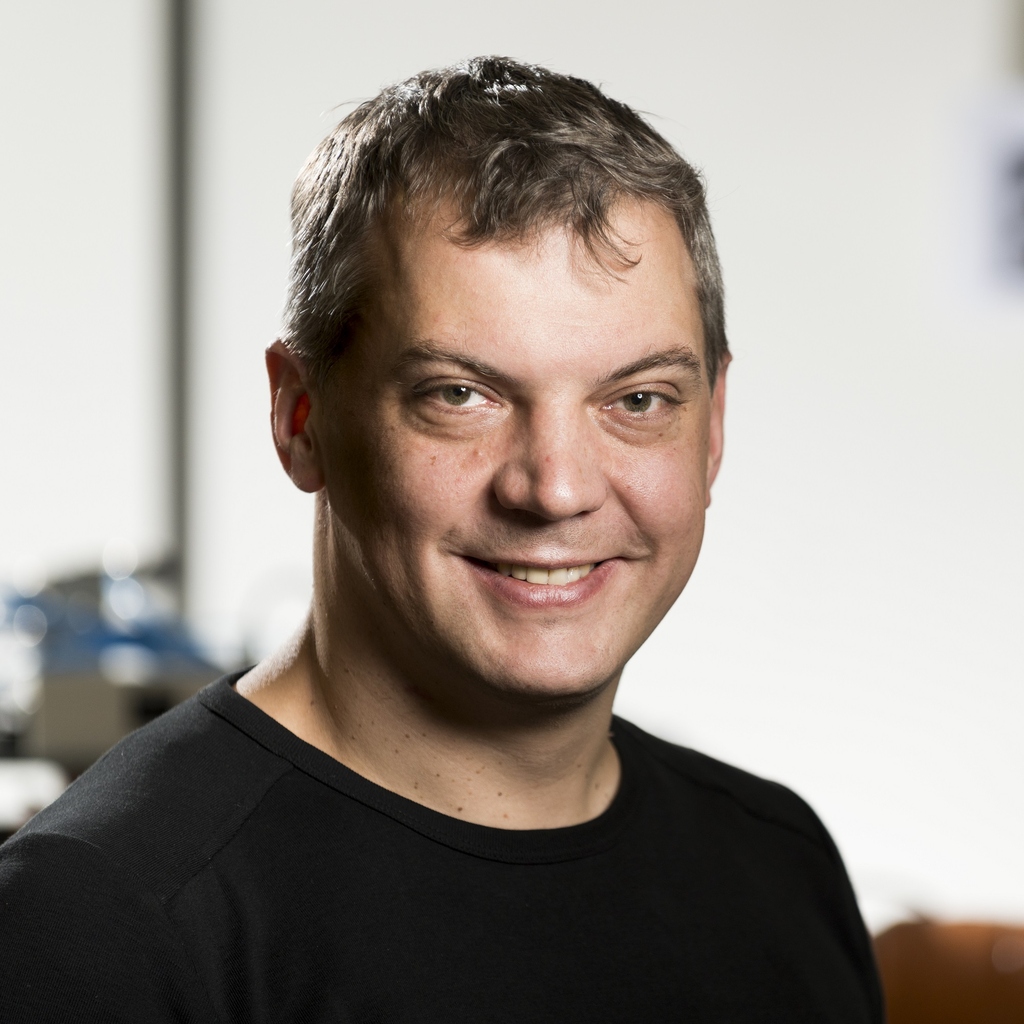
Prof. Torsten Kröger, member of the management of the Institute of Anthropomatics and Robotics (IAR) at KIT, answers our questions in the third episode. (NL03/2018)
To the interview (in German)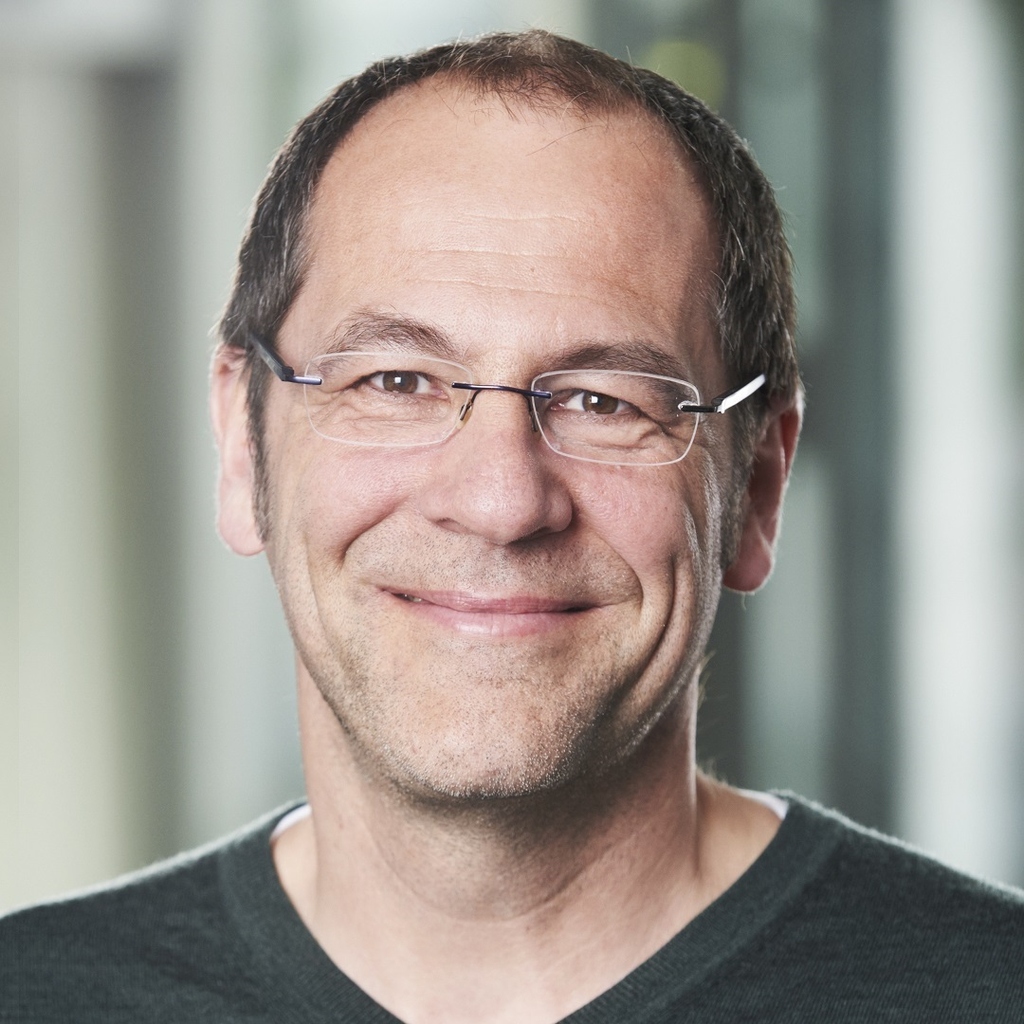
In our second episode, we put our five questions to Dr. Klaus Rümmele, who heads the International Communication Department at KIT's International Services Unit. (NL02/2018)
To the interview (in German)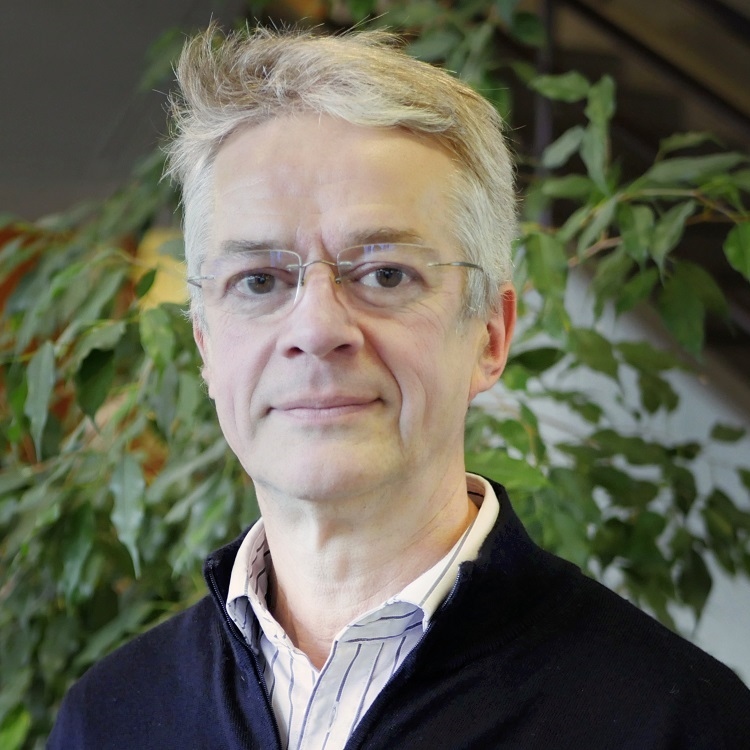
We will start with Gerd Gidion, Scientific Director of the Center for Media Learning and Professor of Technology Didactics at the Institute for Vocational Education and General Pedagogy at the Karlsruhe Institute of Technology. (NL01/2018).
To the interview (in German)
